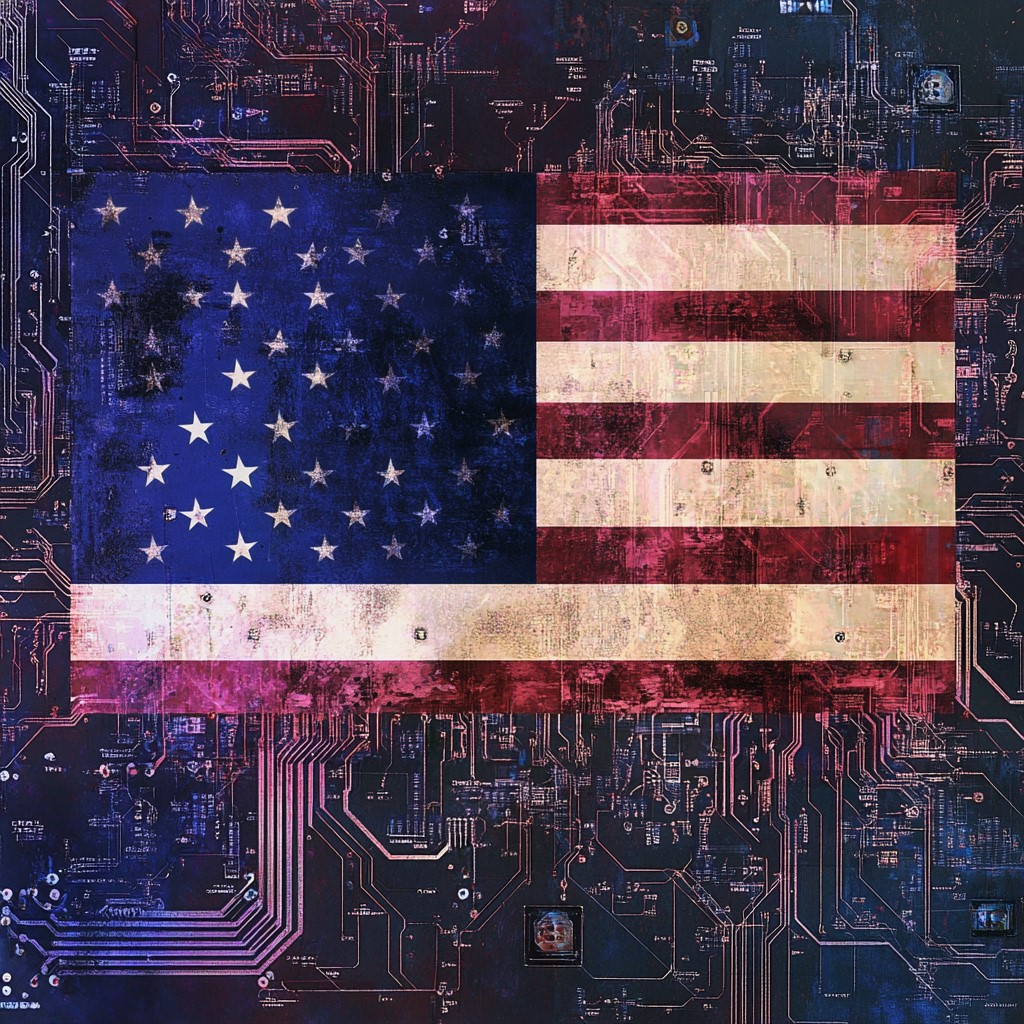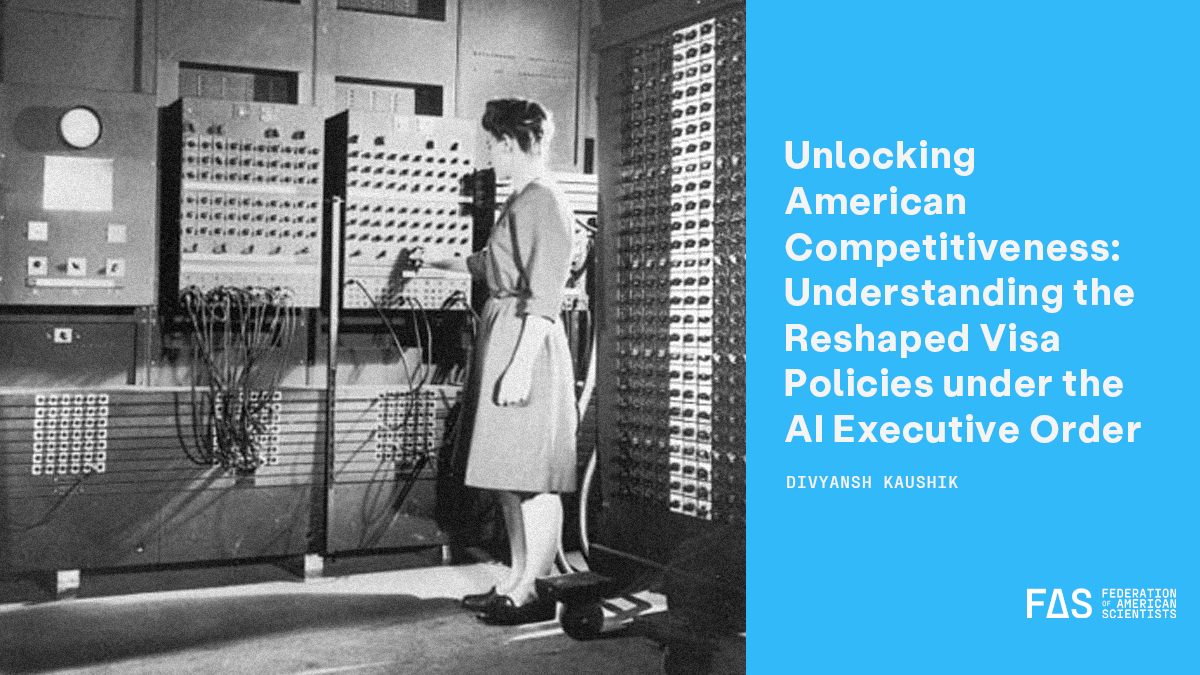Introduction
Quantum technology sits at the intersection of unprecedented scientific opportunity and significant national security concerns. Governments and research institutions worldwide recognize that advancements in quantum computing, communication, and sensing can yield revolutionary benefits across industries, from drug discovery to defense modernization[1]. At the same time, the strategic rivalry between nations coupled with security challenges has led to a multifaceted environment of export controls, stringent visa policies, and restricted international collaborations that must be carefully balanced to foster innovation while protecting core national interests[5].
Export Controls and Their Implications
In response to security concerns, several nations have imposed export control regulations on quantum technologies. These controls primarily aim to prevent adversaries from accessing advanced quantum systems capable of undermining current encryption protocols or offering military advantages[3]. For example, multiple countries, including the United Kingdom, France, Spain, and the Netherlands, have enacted identical wording restricting the export of quantum computers meeting certain specifications—such as a threshold of 34 qubits with specified error rates—even though the current state of technology does not yet allow for practical cryptographic attacks[10]. Furthermore, experts note that while traditional export restrictions may protect sensitive technologies, they can inadvertently slow down the pace of global research by limiting the exchange of knowledge and delaying collaborative benefits in both civilian and defense sectors[7].
Talent Visa Restrictions and Their Impact
Simultaneously, visa restrictions and stringent immigration policies have emerged as key impediments to maintaining a robust quantum research workforce. The United States, historically a magnet for international STEM talent, has seen increased visa fees, stricter screening, and expanded travel bans that particularly affect talent-exporting nations such as India, China, and the Philippines[8]. This policy shift has led to a reduction in the flow of highly skilled workers into the U.S., worsening the already strained quantum talent pipeline as domestic candidates are outnumbered by job openings in the field[1]. Conversely, reforms suggested in initiatives under the AI Executive Order aim to streamline visa processing, increase domestic revalidation of J-1 and F-1 visa holders, and create more accessible paths for H-1B and other skilled worker visas[11].
Dilemmas in International Collaboration
International collaboration is crucial for quantum technology development given the globally dispersed expertise and resources needed to advance the field. However, the dual-use nature of quantum innovations creates inherent tensions between openness and protectionism. Collaborative efforts, such as research supplements from the National Science Foundation, underline the value of multinational partnerships in accelerating the progress of quantum information science[13]. In contrast, export controls and intellectual property concerns, exacerbated by incidents like China's ‘Thousand Talents Plan', have led to fragmented supply chains and siloed research ecosystems, impeding the free flow of scientific information[3]. Additionally, security alliances such as those formed under AUKUS and the Quad illustrate attempts to balance collaborative progress with national security imperatives, though they risk creating a divided global research environment along geopolitical lines[4].
Proposed Frameworks for Secure and Collaborative Progress

To navigate the challenges of export controls, visa restrictions, and international collaboration, several frameworks can be implemented. First, establishing dedicated multilateral dialogues and reciprocal research exchange programs among allied nations could foster trust and streamline the sharing of quantum knowledge while addressing national security concerns[1]. Such frameworks should promote joint funding mechanisms and shared intellectual property agreements that ensure the benefits of quantum research are equitably distributed among partners[5].
Second, refining and harmonizing export control regulations through international bodies such as the Wassenaar Arrangement can help set common benchmarks while leaving room for exemption protocols for non-sensitive research materials. A more agile, plurilateral approach would allow allied nations to swiftly adjust controls in response to technological developments, thereby reducing administrative burdens on innovators[10].
Third, revising visa policies to better balance security with the need for global talent is critical. This could involve modernizing current immigration practices by easing the revalidation process for high-skilled workers and creating specific visa categories for researchers in emerging technologies. As suggested under the recent AI Executive Order initiatives, clear guidelines and streamlined procedures would reduce uncertainties and ensure that countries remain attractive destinations for international experts[11].
Finally, establishing international standardization bodies that include representatives from government, industry, and academia can develop common quality and security standards for quantum technologies. Such organizations would work on setting universal criteria for quantum research, ensuring that security policies are consistently applied and that research that has civilian and strategic benefits continues unimpeded[14].
Conclusion
The future of quantum technology hinges on the capacity to balance openness with protectionism. While export controls and restrictive visa policies serve immediate national security interests, they may also hinder the international collaboration necessary for groundbreaking scientific advancements. By adopting flexible and harmonized frameworks that promote secure exchanges within trusted international networks, nations can both protect their strategic assets and maintain a dynamic, global research ecosystem. The integration of multilateral dialogue mechanisms, updated visa and export policies, and international standardization efforts stands as a comprehensive approach to ensuring that quantum technology fuels innovation while safeguarding critical national security needs[6].
Get more accurate answers with Super Pandi, upload files, personalized discovery feed, save searches and contribute to the PandiPedia.
Let's look at alternatives:
- Modify the query.
- Start a new thread.
- Remove sources (if manually added).






